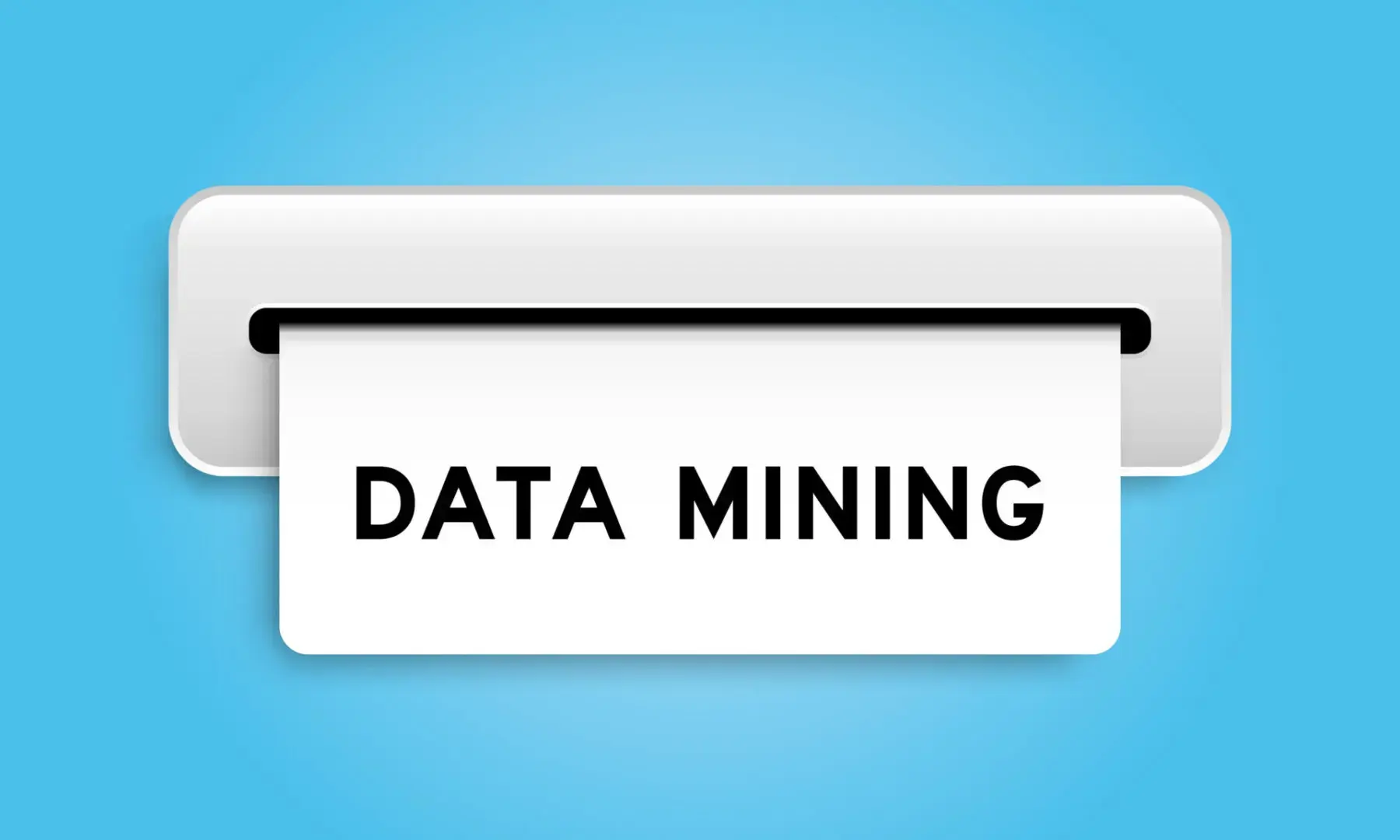Harnessing the Power of Data Mining in Artificial Intelligence

In today’s digital age, data has become the new gold. With the exponential growth of information generated every second, organizations are constantly seeking ways to extract valuable insights from this vast sea of data. This is where data mining in artificial intelligence (AI) comes into play. Data mining, a critical component of the broader field of data science, leverages AI and machine learning techniques to uncover patterns, relationships, and meaningful information from large datasets. In this comprehensive guide, we’ll explore the world of data mining in AI, exploring its concepts, techniques, applications, and the profound impact it’s having on biosciences and healthcare.
Data Mining Defined
Data mining is the process of discovering patterns, correlations, and useful information from large volumes of data. It combines techniques from statistics, machine learning, and database systems to analyze datasets and extract knowledge that can be used for decision-making, prediction, and understanding complex phenomena.
In the context of AI, data mining goes beyond simple data analysis. It employs advanced algorithms and machine learning models, including large language models (LLMs) and small language models (SLMs), to automate the discovery process, enabling organizations to uncover insights that might be impossible to detect through manual analysis or traditional statistical methods.
The Data Mining Process
The data mining process typically involves several key steps:
- Data collection
- Data cleaning
- Data transformation
- Data exploration
- Pattern evaluation
- Knowledge interpretation and presentation
The Role of AI & Machine Learning in Data Mining
Artificial intelligence enhances data mining by automating the process and improving the ability to handle vast datasets. AI-driven data mining uses machine learning algorithms, including LLMs and SLMs, to detect patterns, predict trends, and offer real-time insights without constant human intervention.
Machine learning (ML), a subset of AI, is particularly crucial in data mining because it enables systems to learn from data and improve over time. ML algorithms use historical data to make predictions or classifications without explicit programming. For example:
- Supervised learning – Trains an algorithm on labeled data
- Unsupervised learning – Uses unlabeled data to identify patterns
- Reinforcement learning – AI system learns by receiving feedback from its actions and adjusting its approach
Key Data Mining Techniques in AI
Data mining in AI employs a wide range of techniques, each suited for different types of data and analytical goals. Some of the most common techniques include:
- Classification
- Clustering
- Association rule mining
- Regression analysis
- Anomaly detection
Key Applications of Data Mining for Biosciences & Healthcare
Data mining in AI has specific applications in healthcare and pharmaceutical research. Here are some key applications.
Extracting Data from Electronic Health Records (EHRs)
AI-powered data mining techniques, particularly natural language processing (NLP) models like LLMs and SLMs, can extract crucial relevant information from unstructured text in electronic health record (EHR) systems. This includes analyzing pathology reports and doctors’ notes to identify key medical findings, diagnoses, and treatment recommendations. By automating this process, healthcare providers can quickly access relevant patient information, leading to more efficient and accurate decision-making.
Mining Research for the Newest Trends
Data mining techniques can be applied to conference proceedings, presentation transcripts, and research papers to identify emerging trends in healthcare and pharmaceutical research. This competitive intelligence helps organizations stay at the forefront of scientific developments, informing strategic decisions in research and development. LLMs and SLMs can be particularly effective in summarizing and extracting key insights from large volumes of scientific literature.
Building Automated Knowledge Graphs
Data mining techniques can be used to construct automated knowledge graphs from disparate data sources in healthcare and pharmaceutical research. These knowledge graphs can integrate information from scientific literature, clinical trials, patient records, and molecular databases. By connecting related concepts and entities, knowledge graphs provide a comprehensive view of complex biomedical relationships, facilitating drug discovery, treatment optimization, and personalized medicine approaches.
Challenges & Considerations in Data Mining
While data mining offers immense potential, it also comes with several challenges and ethical considerations:
- Data privacy and security
- Data quality and bias
- Interpretability
- Scalability
- Ethical use of insights
Data mining in AI is a powerful tool that enables organizations to extract valuable insights from the vast amounts of data generated in our digital world. By leveraging advanced algorithms and machine learning techniques, including LLMs and SLMs, data mining uncovers patterns, predicts trends, and drives informed decision-making in healthcare and pharmaceutical research. For instance, AI-powered data mining can identify relevant data necessary for specialized analysis, such as scRNA-seq analysis, and it can analyze medical records to discover correlations between symptoms and treatments, leading to more personalized care.
As we continue to generate more data and develop more sophisticated AI technologies, the importance of data mining will only grow. However, it’s crucial to approach data mining responsibly, addressing challenges related to privacy, bias, and ethical use of information.
By harnessing the power of data mining in AI, healthcare and pharmaceutical organizations can unlock new opportunities, improve efficiency, and gain a competitive edge in an increasingly data-driven world. As we look to the future, the synergy between data mining and AI promises to bring about even more innovative solutions and transformative insights that will shape the future of healthcare and drug discovery in ways we’re only beginning to imagine.
As we navigate the intricate landscapes of life sciences, data mining at Rancho BioSciences emerges as a transformative force. Our team’s unparalleled data and knowledge mining abilities extend beyond data extraction to encompass the transformation of raw information into actionable insights, propelling advancements in genomics, clinical data, and other critical areas. Embracing these objectives positions Rancho BioSciences at the forefront of life sciences research, equipped with the insights needed to accelerate discoveries, foster innovation, and make lasting contributions to the field.
To learn more about our vast array of services, from data and knowledge mining to bioinformatics services, call us today.
Comments